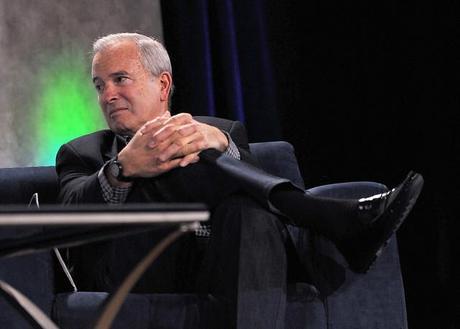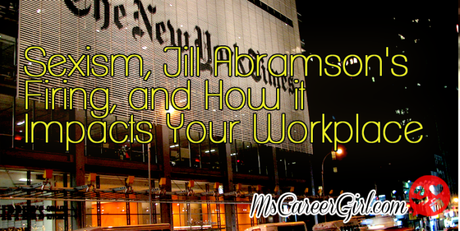
What happened at the New York Times and what it means for all professionals.
Sometimes the news tells you what you already know, especially when it’s what you experience every single day.
On Wednesday, New York Times Executive Editor Jill Abramson was abrutly ousted by publisher Arthur Sulzberger, Jr., leaving the logic behind her removal up for speculation. Of course, as many Ms. Career Girl readers know well, workplace sexism and harrasment is all too common, and the truth is that if it happens in your office, there’s no reason it couldn’t happen in the office of the most trusted news organization in the country.
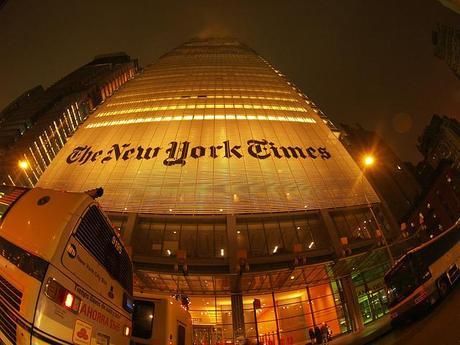
New York Times Headquarters
photo credit: alextorrenegra via photopin cc
We may never know the actual reasons behind the sudden termination. As of this writing on May 19th, 2014, neither Abramson or any representatives from the Times have responded to a request for comment. However, that can’t keep us from theorizing about the events which led to the decision — and determining what they show about the current state of sexism in the workplace.

New York Times executive editor Jill Abramson. Photo: Wikimedia
The Salary Issue
The most popular theory was presented by The New Yorker shortly after the firing: Jill Abramson learned that her salary and pension were considerably lower than that of her male predecessor, and called the Times out on it:
Several weeks ago, I’m told, Abramson discovered that her pay and her pension benefits as both executive editor and, before that, as managing editor were considerably less than the pay and pension benefits of Bill Keller, the male editor whom she replaced in both jobs.
“She confronted the top brass,” one close associate said, and this may have fed into the management’s narrative that she was “pushy,” a characterization that, for many, has an inescapably gendered aspect. – Ken Auletta, The New Yorker
To be fair, there are multiple reasons why Abramson’s pay may have been lower, including the Times’ financial struggles and Abramson’s relatively short time in the position. That doesn’t make the gender-wage disparity in America any less real.
It is a well-documented fact that women in America make on average 23% less than men in comparable positions, and it’s also been long-established that this is a conversation no one wants to have. President Obama has even put forward executive orders to try to correct this, only to have it thrown in his face that the gap is present even in the White House. (Women on the White House staff make an average of 88 cents for every dollar made by men.)
Regardless of Jill Abramson’s firing, the wage gap is a very real issue, and so is the fact that you could lose your job or face punishment for bringing it up. Many employers prevent staff from even discussing their salaries, specifically for this reason. Check your contracts and company policies for clauses like this, and also find ways to address or change them.
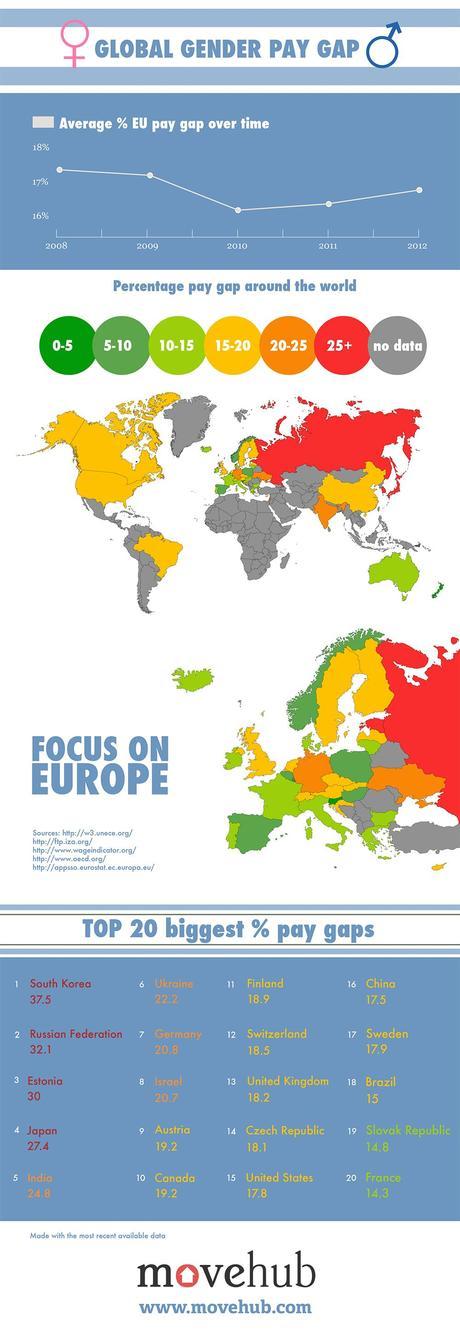
Being “Pushy”
You’d think that if anyone would be be allowed a free pass to assert themselves, it would be the head of a globally-trusted and respected news authority, but apparently you would be wrong. However, this is where the waters get a little murkier. In April of 2013, anonymous reports began to emerge that Abramson was very unpopular with her staff, and that tensions in the Times were high.
The intial Politico article delivering these reports came under fire as well, with many well-respected writers questioning if the tone would have been the same if Abramson had been a man. Without questioning Politico’s journalistic integrity, because when fourteen sources say the same thing, that’s the story you tend to go with, the “would this happen if I were a dude” question is one that literally every woman I’ve ever worked with has asked at some point.
People still question the capabilities of women based on gender, especially in long-established “boy’s clubs” like journalism. I’m reminded of a time I spent selling retail electronics under a female manager, who was frequently passed over by customers in favor of myself, a young man with a beard. Even though my boss knew more about the products and their functions than I did, there was no stopping the one-two punch of the “Girls don’t know computers/men like computers” stereotypes.

photo credit: UNDP in Europe and Central Asia via photopin cc
The main issue is, you will never know when a work criticism is based in reality and when it is based in gender politics. It’s possible that Jill Abramson really is pushy and hard to deal with, it’s also entirely possible that a man with the same behavior would be called “assertive” and “unwavering.”
It’s impossible to tell, but a good rule of thumb is that if one of the things you’re criticized for is a key function of your job, it’s probably BS. Coincidentally, one of the accusations waged against Jill Abramson was that she “would regularly question top editors about why the Times did not have certain stories,” which is literally an editor’s job.
Help a Sister Out?
Another grey area in the Abramson debate is the theory that her firing was directly related to her plans to hire a new Digital Editor, The Guardian’s Janine Gibson. Reportedly Abramson set this plan in motion without consulting her #2 Editor Dean Baquet.
While this certainly fits the narrative of Abramson’s authoritative editing style, it also is questionable how much of the outrage came from the backhanded hiring decision, and how much of it came from the fact that Baquet would be sharing his position from that point on – with a woman.
An unfortunate side effect of this is that Jill Abramson was the first female editor of the times, and quite possibly the last. As I discussed in an article on Hollywood’s gender issues here, The issue with being the first of a certain group to do anything is that your entire group is judged by your performance. Therefore, it is entirely possible that the reaction to Janine Gibson’s proposed hiring wasn’t “Oh great, another editor”, or even “Oh great, another Jill”, but “Oh great, another woman.”
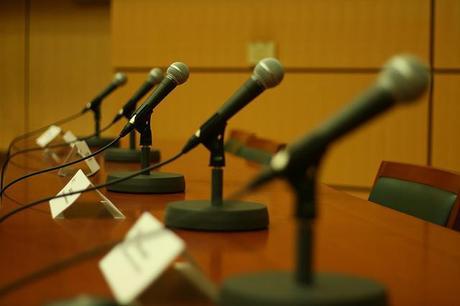
photo credit: alexdecarvalho via photopin cc
So What Do We Take From This?
Unfortunately, it seems that the answer is: very little. As with all employment disputes, there’s no such thing as just one “cause” and we may never know the truth. But in your office, you may still realize that glass ceiling is constantly raised two inches higher, one inch back.
Not all office politics are gender-related, but even today, many of them still are. As a man, Ill admit that most of the time it’s not even intentional, it’s institutionalized. This is why the Jill Abramson story is so important to career women – and to all professionals. It’s causing us to ask questions and forcing the conversation to be had, which is the only way progress will ever be made.
For more background information watch this video.
Got a story of office sexism? Recount it in the comments or write us on Twitter.
